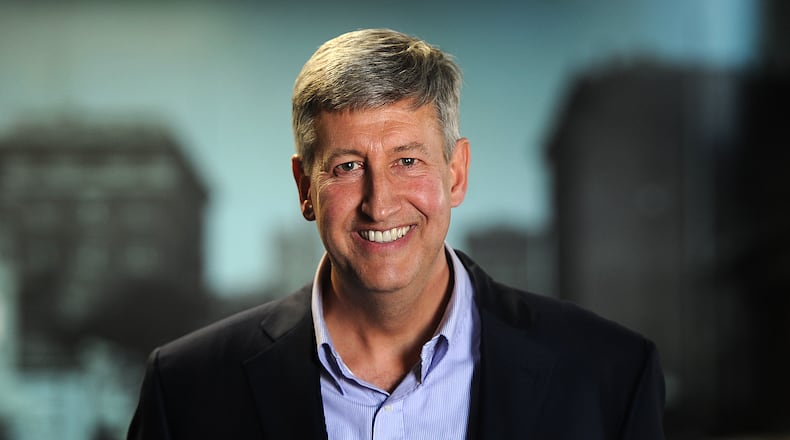The STRS did not say what specifically the investigation was. NBC4 Columbus cited a letter allegedly from STRS employees sent to the board and the attorney general’s office accusing Neville of creating a hostile work environment.
Lynn Hoover, deputy executive director, will serve as acting executive director of STRS Ohio in the interim.
“STRS Ohio will continue its unwavering focus on Ohio’s public educators and their families to protect their financial security,” Price said.
Attorney General David Yost said the allegations are “troubling” and the matter is being investigated by an outside, third-party.
“Any allegation of misconduct of this nature is troubling,” Yost said. “Half a million teachers and retirees rely upon the fiducial trust of STRS, which compounds my concern.”
The attorney general’s office did not provide further comment. STRS Ohio oversees about $90 billion in pension funds for about 530,000 retired school employees.
The STRS has come under suspicion from retired teachers and state offices in recent years after cost-of-living increases for retirees were cut, even as the people who managed the funds continued to get bonuses.
The Auditor of State investigated those allegations in 2022 and found there was no fraud, illegal acts or data manipulation. The organization’s structure, control environment and operations are also suitably designed and well monitored, the auditor’s office found.
But the audit did make some recommendations, including more transparency in the office, reviewing policies and considering changes to the management of the funds.
In an interview last week, Neville told the Dayton Daily News the fund is more solvent than it has been in the last decade, but it still is making changes.
Neville has proposed that schools increase the amount they pay into STRS from 14% to 18%, but schools have not been on board with the idea as many face their own budget issues between federal COVID-19 dollars running out in September 2024, increased costs to pay teachers and bills, and students who have more needs academically and emotionally than pre-pandemic.
About the Author

